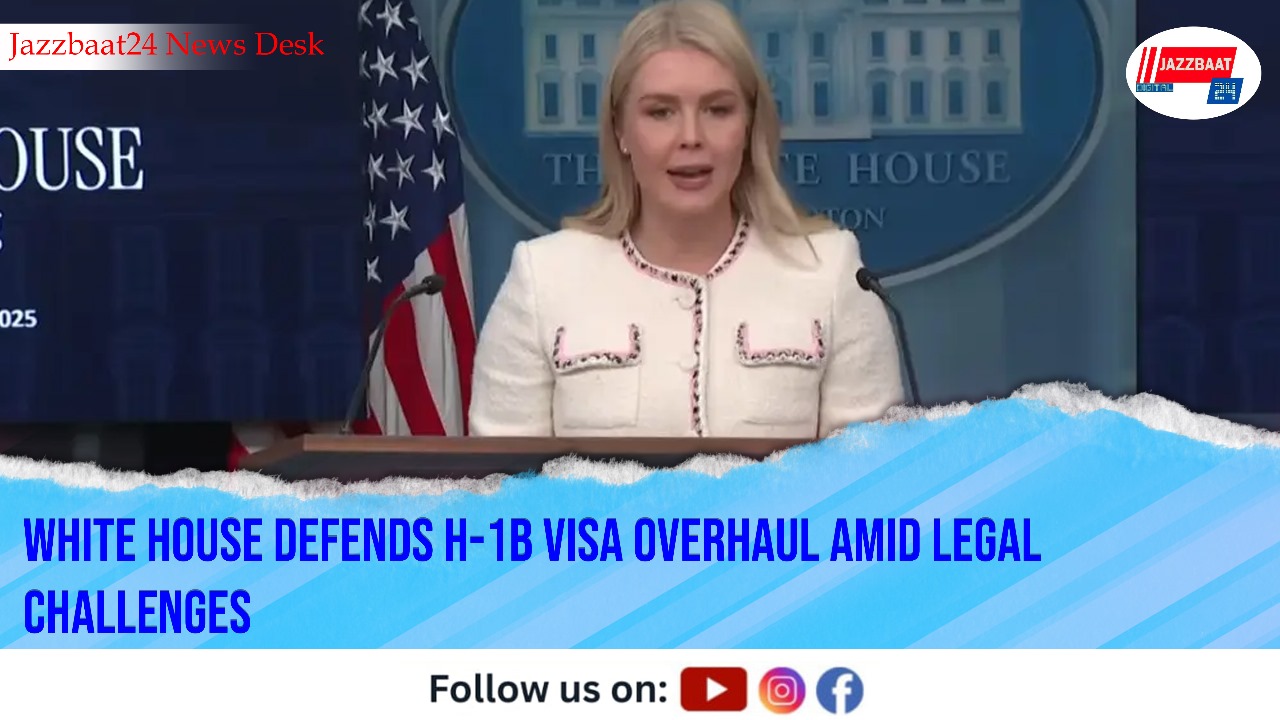
The White House has reaffirmed its commitment to the latest reforms in the H-1B visa program, emphasizing the changes are aimed at protecting American workers and curbing systemic abuses. The administration argues that tightening eligibility criteria and modifying the lottery system are necessary steps to strengthen the program, despite lawsuits from technology companies and universities challenging the new rules.
Press Secretary Karoline Leavitt highlighted that the reforms are intended to restore integrity to a system that has faced fraud and to prevent wage suppression among U.S. workers. She indicated that the administration plans to defend the policies vigorously in court, framing the changes as both lawful and essential for long-term economic fairness.
The updated H-1B regulations carry significant economic and diplomatic implications, particularly for India, which receives roughly 70 percent of all H-1B visas. Most beneficiaries work in technology and engineering sectors, making the visa program a vital link in U.S.–India economic relations. Tighter scrutiny of job roles and limitations on outsourcing practices could impact companies that rely heavily on Indian talent for research and development.
Business groups and industry observers warn that the reforms may discourage highly skilled international professionals from pursuing opportunities in the U.S., potentially affecting innovation and competitiveness. Legal challenges are expected to continue, with major tech associations pushing back against the administration’s approach.
Experts see the policy as part of a broader strategy to prioritize American workers while balancing corporate interests ahead of the 2026 elections. The outcome of ongoing court battles may reshape employment-based immigration rules, affecting both global talent mobility and U.S. economic strategy in the years ahead.
The administration’s stance underscores the political and economic weight of H-1B reforms, highlighting immigration as a central issue in the interplay between domestic labor priorities and international business needs.